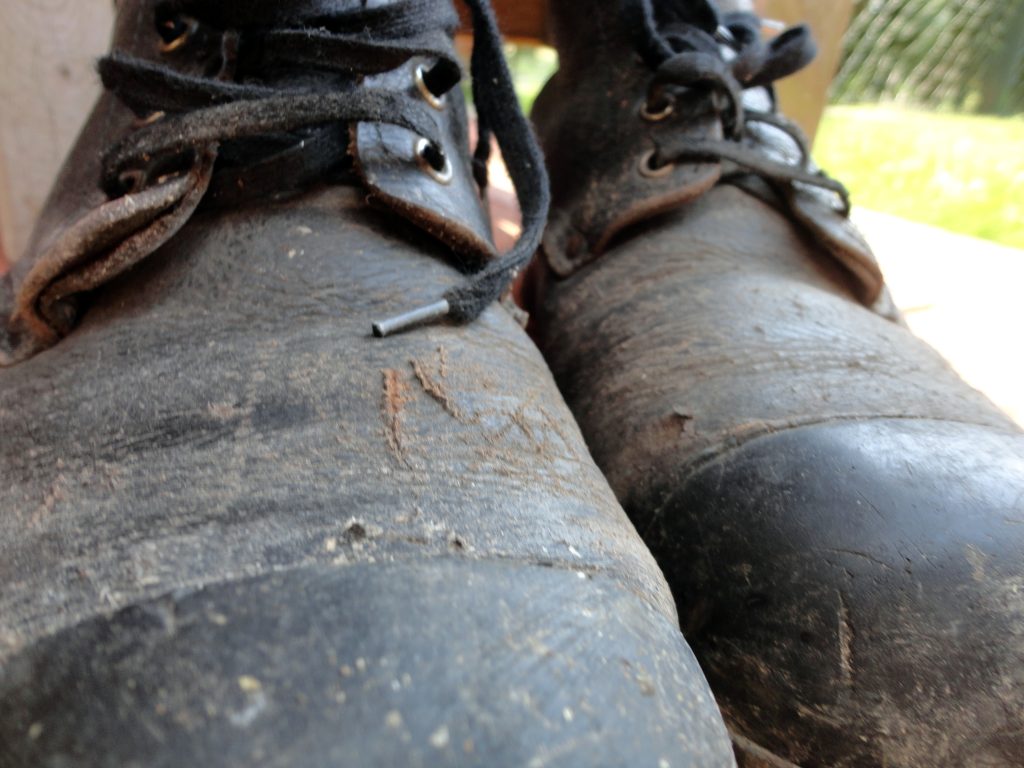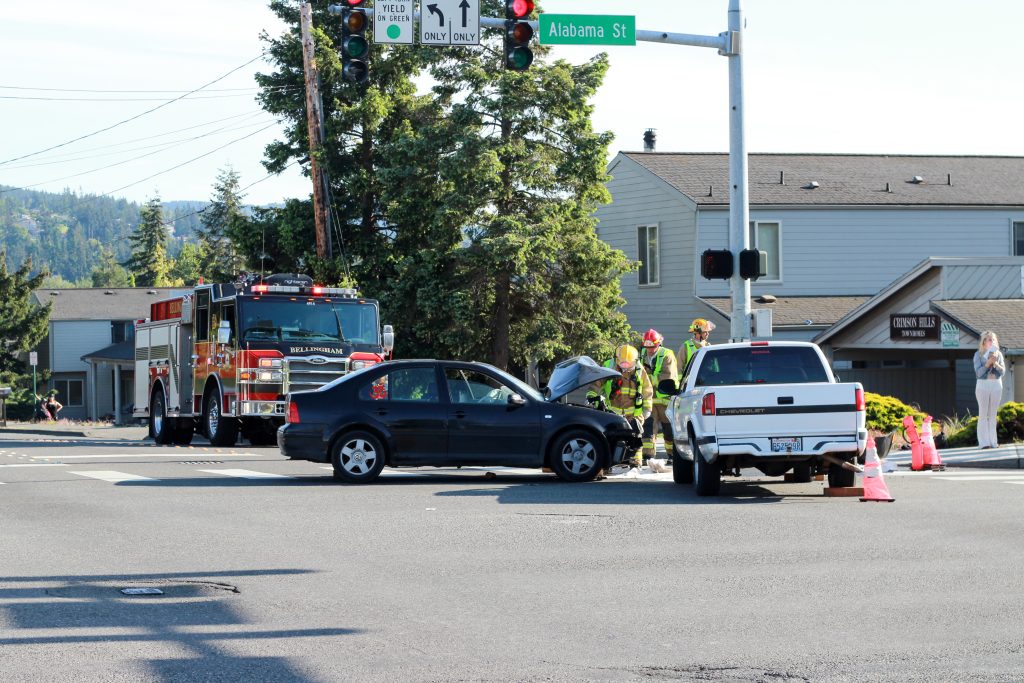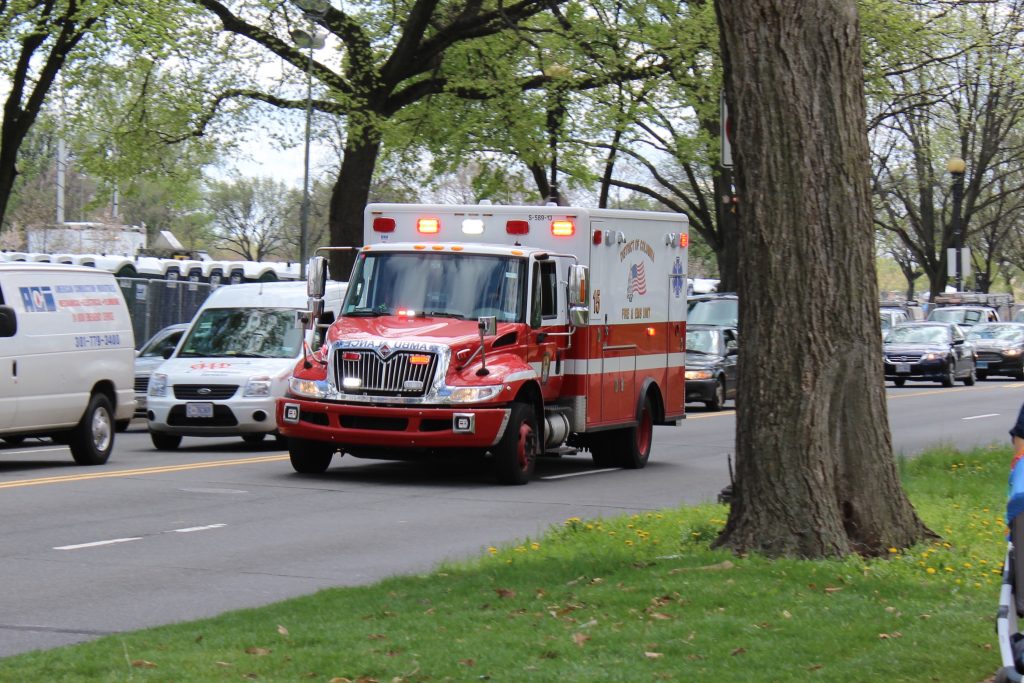 What are the consequences of lying in a workers’ compensation claim? They can be harsh, as shown in the following lawsuit. Betty Reeder, a Certified Nursing Assistant (CNA) at Hardtner Medical Center, found herself embroiled in a legal battle after suffering an injury on the job. This article examines the details of the lawsuit, delves into the relevant Louisiana workers’ compensation law, and analyses the Appeals Court decision that shaped the outcome.
What are the consequences of lying in a workers’ compensation claim? They can be harsh, as shown in the following lawsuit. Betty Reeder, a Certified Nursing Assistant (CNA) at Hardtner Medical Center, found herself embroiled in a legal battle after suffering an injury on the job. This article examines the details of the lawsuit, delves into the relevant Louisiana workers’ compensation law, and analyses the Appeals Court decision that shaped the outcome.
The chain of events leading to the lawsuit began in January 2013, when Betty Reeder tripped and fell on a wheelchair while performing her duties as a CNA. Following the accident, she received financial and medical support from the Louisiana Hospital Association Workers’ Compensation Interlocal Risk Management Agency through its agent, HSLI. She received weekly payments based on her average weekly wage for over a year, totaling approximately $23,000.
However, the situation took a contentious turn when HSLI accused Reeder of making false statements to obtain compensation. The case went to trial, with Reeder having to forfeit her right to workers’ compensation benefits by violating La.R.S. 23:1208. Faced with the Workers Compensation Judge’s (WCJ) initial ruling against her, Reeder appealed the decision and sought a reconsideration of her case.
 Louisiana Personal Injury Lawyer Blog
Louisiana Personal Injury Lawyer Blog


 The discovery process of litigation is vital to a well-informed judgment rendered by the court. But discovery can be halted, disrupted, or dismantled by various motions. Finding and gathering all the necessary information in a lawsuit is incredibly important for all sides. Still, it requires showing a need for that information and the presence of facts in dispute. Identifying and presenting disputed facts of a case is necessary to help protect your case from a summary judgment dismissal.
The discovery process of litigation is vital to a well-informed judgment rendered by the court. But discovery can be halted, disrupted, or dismantled by various motions. Finding and gathering all the necessary information in a lawsuit is incredibly important for all sides. Still, it requires showing a need for that information and the presence of facts in dispute. Identifying and presenting disputed facts of a case is necessary to help protect your case from a summary judgment dismissal.  Should an employer continue to pay for work-related injuries even after an employee has “fully recovered”? At issue is a decision that terminated an employee’s entitlement to certain benefits. After the employee suffered a work-related injury and received temporary total disability benefits, her former employer, The Walgreen Company, filed a motion to modify the judgment. This led to litigation and a subsequent appeal.
Should an employer continue to pay for work-related injuries even after an employee has “fully recovered”? At issue is a decision that terminated an employee’s entitlement to certain benefits. After the employee suffered a work-related injury and received temporary total disability benefits, her former employer, The Walgreen Company, filed a motion to modify the judgment. This led to litigation and a subsequent appeal. Ordinarily, when one is involved in an automobile accident, the injured party files a claim with the at-fault driver’s insurance company. When a person is involved in an accident with a co-worker in the course of their employment duties, however, the injured party may collect workers’ compensation instead. Can the injured employee “double-dip” and also collect under a Uninsured/underinsured motorist policy? This was the issue in a recent case out of Delcambre, Louisiana.
Ordinarily, when one is involved in an automobile accident, the injured party files a claim with the at-fault driver’s insurance company. When a person is involved in an accident with a co-worker in the course of their employment duties, however, the injured party may collect workers’ compensation instead. Can the injured employee “double-dip” and also collect under a Uninsured/underinsured motorist policy? This was the issue in a recent case out of Delcambre, Louisiana.  It’s pretty common for large corporations to conduct business across multiple state lines. So, too, it’s expected that employees for these types of companies will also have connections with multiple states based on their employment with the corporation. In these situations determining which state and Court has jurisdiction over legal claims when such issues arise can become an incredibly fact-specific inquiry. This was the case for one Workers’ Compensation Judge (“WCJ”), who found that the Office of Workers’ Compensation (“OWC”) located in Lafayette, Louisiana had subject matter jurisdiction to decide the legal claims of a former Tyson-employed truck driver.
It’s pretty common for large corporations to conduct business across multiple state lines. So, too, it’s expected that employees for these types of companies will also have connections with multiple states based on their employment with the corporation. In these situations determining which state and Court has jurisdiction over legal claims when such issues arise can become an incredibly fact-specific inquiry. This was the case for one Workers’ Compensation Judge (“WCJ”), who found that the Office of Workers’ Compensation (“OWC”) located in Lafayette, Louisiana had subject matter jurisdiction to decide the legal claims of a former Tyson-employed truck driver. Getting workers’ compensation from an employer is already difficult, but it is even more so when the claim is filed in the wrong court. Although employees are entitled to workers’ compensation, the claim has to be filed in the correct jurisdiction. The following case shows what happens when you are injured while working and attempt to file a claim for workers’ compensation in a state where you were not employed.
Getting workers’ compensation from an employer is already difficult, but it is even more so when the claim is filed in the wrong court. Although employees are entitled to workers’ compensation, the claim has to be filed in the correct jurisdiction. The following case shows what happens when you are injured while working and attempt to file a claim for workers’ compensation in a state where you were not employed.  In the face of a potentially unlawful termination from your job, navigating the legal landscape can be daunting. If you suspect that you have been fired unjustly, it is essential to understand the critical elements required to bring a lawsuit against your employer for wrongful or retaliatory discharge. A recent Lafayette Parish case highlights the essential evidence to support a retaliatory discharge claim. It highlights the importance of seeking legal guidance when faced with such a situation. By delving into the details of this case, we can uncover the necessary proof required to establish a compelling retaliatory discharge case and empower individuals to protect their rights in the workplace.
In the face of a potentially unlawful termination from your job, navigating the legal landscape can be daunting. If you suspect that you have been fired unjustly, it is essential to understand the critical elements required to bring a lawsuit against your employer for wrongful or retaliatory discharge. A recent Lafayette Parish case highlights the essential evidence to support a retaliatory discharge claim. It highlights the importance of seeking legal guidance when faced with such a situation. By delving into the details of this case, we can uncover the necessary proof required to establish a compelling retaliatory discharge case and empower individuals to protect their rights in the workplace. If you sign a settlement agreement, you might feel relieved that you no longer have to go to trial. After all, settlements are generally thought to save you the time and expense of going to trial. But what happens if the other side fails to pay you the settlement funds by the terms of the settlement agreement?
If you sign a settlement agreement, you might feel relieved that you no longer have to go to trial. After all, settlements are generally thought to save you the time and expense of going to trial. But what happens if the other side fails to pay you the settlement funds by the terms of the settlement agreement? You might be eligible for workers’ compensation if you are injured on the job. However, you must be honest in your communications with your employer and medical providers because, under Louisiana law, you forfeit your rights to any such benefits if you make misrepresentations or false statements concerning your workers’ compensation scheme. What happens if these misrepresentations appear to result from memory impairments related to your on-the-job injury? The following lawsuit helps answer this question.
You might be eligible for workers’ compensation if you are injured on the job. However, you must be honest in your communications with your employer and medical providers because, under Louisiana law, you forfeit your rights to any such benefits if you make misrepresentations or false statements concerning your workers’ compensation scheme. What happens if these misrepresentations appear to result from memory impairments related to your on-the-job injury? The following lawsuit helps answer this question. Unfortunately, heart attacks are one of the most common causes of death. If a loved one suffers a heart attack while on the job and you file a workers’ compensation claim, you must provide evidence to support your claim. But what happens if the employer files a motion for summary judgment before you can complete discovery?
Unfortunately, heart attacks are one of the most common causes of death. If a loved one suffers a heart attack while on the job and you file a workers’ compensation claim, you must provide evidence to support your claim. But what happens if the employer files a motion for summary judgment before you can complete discovery?